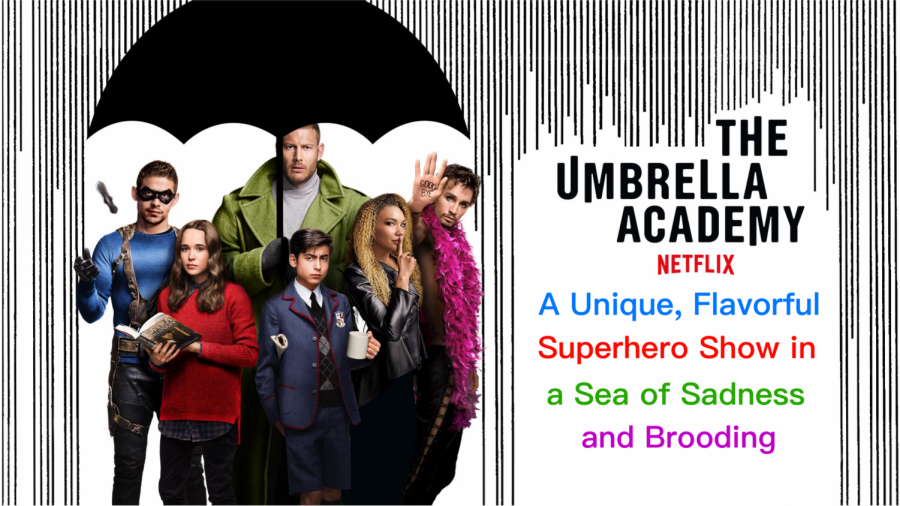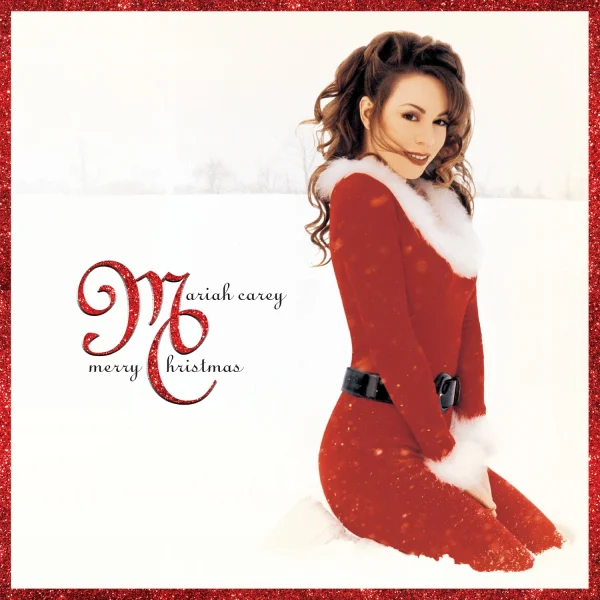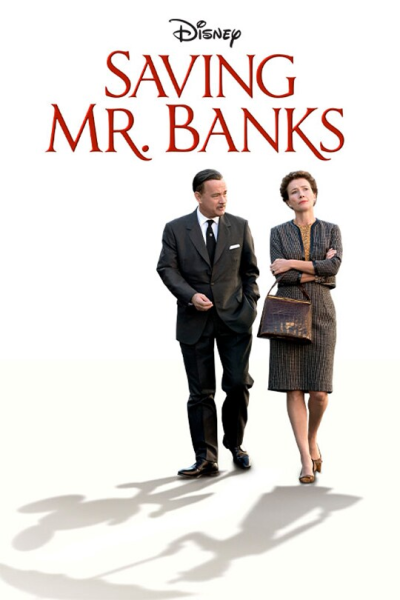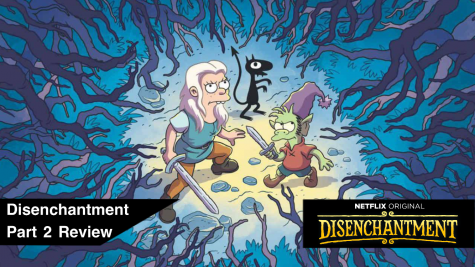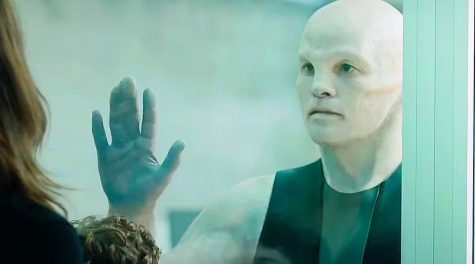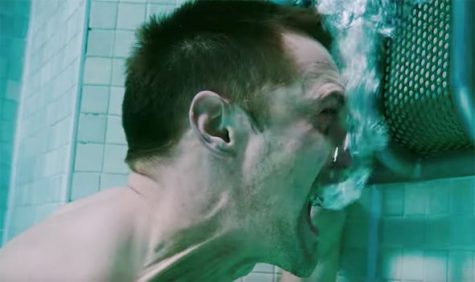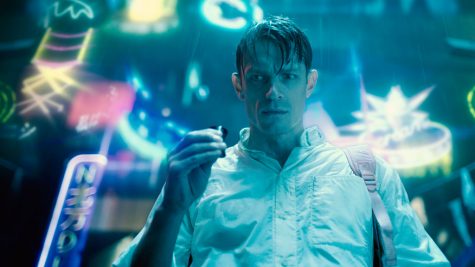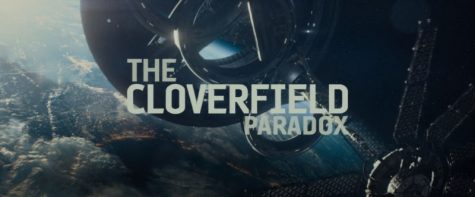The Umbrella Academy: A Unique, Flavorful Superhero Show in a Sea of Sadness and Brooding
A common trope among modern superhero shows is to try to be “dark” and “moody”. At first, you think The Umbrella Academy will follow that same trend, because the first episode of the series sees all the characters coming back together after the death of their adoptive father. None of them want anything to do with each other, and for most of the first episode it seems like the show will be just another gritty, Netflix-style adaptation.
But it’s in the season that follows episode one that presents one of the most original and unique superhero shows I’ve ever seen. It’s nice to finally be able to watch a superhero series that often has fun with the concept of superheroes, and uses the quirks of its characters to its own advantage.
But is The Umbrella Academy a faithful adaptation of the comics? On occasion yes, but mostly it’s not. Fans of the comics might not find the series enjoyable. There are very big differences between the two versions. For example, characters are aesthetically very different, some characters have their stories tweaked so the audience can relate to them more, and several volumes of the comic series are condensed into one single season.
But surprisingly, none of those are bad. Sometimes sticking to the source material when adapting something isn’t the best idea. For example, Stephen King’s IT has some certain parts that are better left out of the big-screen release. The original concept of The Umbrella Academy is far too outlandish and too large to adapt for a pilot season of a series, and have it be successful.
Easily the best part of the show is its characters. The actors give their all to their performances, and they all feel like a real dysfunctional family. But as they spend more time together, they begin to forgive each other for past mistakes and become close again. Stand-out characters are Vanya (Ellen Page) and Klaus (Robert Sheehan). Their performances are really well-acted and they both bring lots of depth to their characters. The development of almost all characters in the show is very clear, and the finale shows how much they’ve changed. Additionally, everyone gets resolutions, which made me feel content with as a viewer.
As I mentioned, the characters are more grounded than their comic-book-counterparts. Possibly the most different is Luther, who in the comic is a human head on a hulking robot-primate body, whereas in the show, he’s more grounded, being just a bulky man, infused with primate DNA. Other characters have less drastic changes, but all look more realistic thanks to those small changes.
The “main antagonists” for the season were another good part. Named Hazel and Cha Cha, they’re tasked with tracking down Number 5, a former member of the Umbrella Academy. They both have very clear, well-written character arcs, and they’re probably the most faithful to the way they look in the comics, as the masks they wear are present in the series, and are very close to the comic versions.
A big issue is that The Umbrella Academy tries to have it’s pilot season condense multiple volumes of the comics into one coherent storyline. The first volume that introduces all the characters, as well as the comics about the apocalypse are forced into roughly 9 hours and 30 minutes of content.
And several things that surprised me about the final episode of the season, “The White Violin”, is that it’s the second shortest episode of the season, which is unusual for a finale. The only really bad part of the series is that the final two episodes feel like the plot moves very quickly to make that ten episode mark and set up season two, but other than that, the story is well-written, very enjoyable and is often lots of fun for the majority of the episodes.
The Umbrella Academy Netflix adaptation is not very faithful to the source material, but that’s not a bad thing. It admits it has an outlandish premise, and rather than trying to act sad and moody, it runs with it, and along the way, crafts a superhero series that feels special and stylized, not one watered down by melodramatic dialogue and stunted by bad character growth.
The Umbrella Academy is one of the most original and refreshingly unique superhero shows of the last five years, and even if you only watch the first two episodes, it is definitely worth checking out.
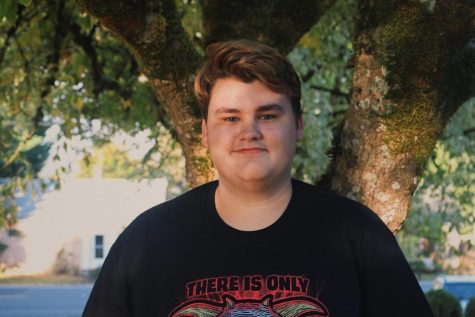
I am a Senior in high school. My hobbies include writing fictional stories, playing video games, drawing, and taking photographs. My favorite of those...

